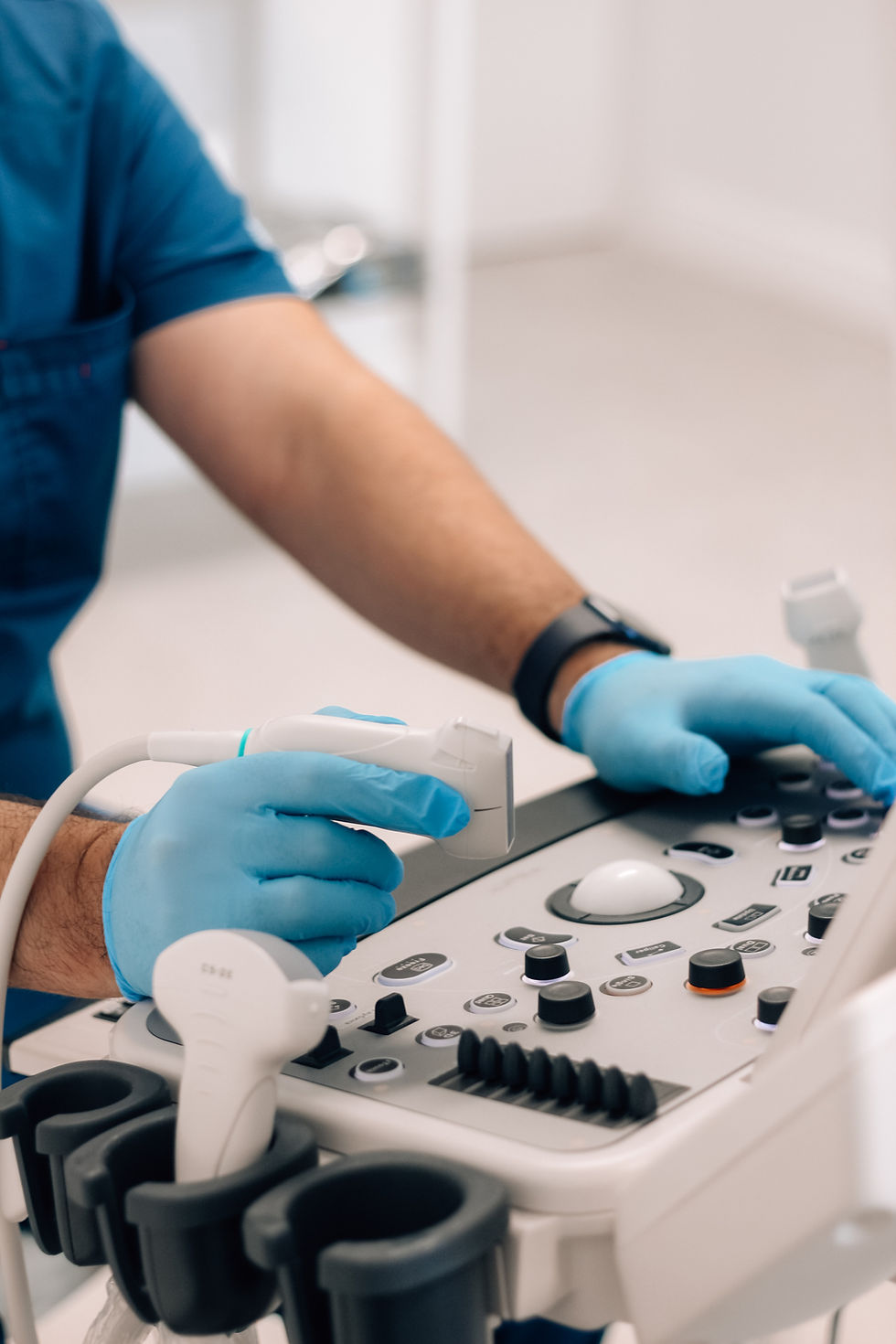Delayed Drug Rash
- Sandra A. Ho, MD

- Apr 8, 2023
- 2 min read

Delayed drug eruption is a type of allergic reaction to a medication that occurs days or weeks after the medication is taken. It is a rare type of allergic reaction that can affect the skin, mucous membranes, and internal organs.
Symptoms of a delayed drug eruption can vary widely, but they often involve skin rashes and sores. The rash may be red, bumpy, and itchy, and it may spread to other parts of the body. Other symptoms may include fever, joint pain, and swollen lymph nodes. In severe cases, a delayed drug eruption may cause anaphylaxis, a life-threatening allergic reaction that can lead to difficulty breathing and a drop in blood pressure.
The exact cause of a delayed drug eruption is not fully understood, but it is thought to be related to the individual's genetics and the way their immune system responds to the medication. Some people may be more prone to developing a delayed drug eruption due to their genetic makeup or a previous allergic reaction to a different medication.
If you suspect that you have a delayed drug eruption, it is important to speak with a healthcare provider. Your provider will need to determine the cause of the reaction and may recommend stopping the medication and trying an alternative. They may also recommend allergy testing to confirm the allergy and identify the specific medication that is causing the reaction.
There are several ways to manage a delayed drug eruption, including avoiding the medication that is causing the reaction and using alternative treatments. If you have a delayed drug eruption and need to continue taking the medication, your provider may recommend taking antihistamines or corticosteroids to manage the symptoms.
In conclusion, delayed drug eruption is a rare type of allergic reaction to a medication that occurs days or weeks after the medication is taken. Symptoms can vary widely and may include skin rashes and sores, fever, joint pain, and swollen lymph nodes. If you suspect that you have a delayed drug eruption, it is important to speak with a healthcare provider and to take steps to avoid the medication that is causing the reaction.



Comments